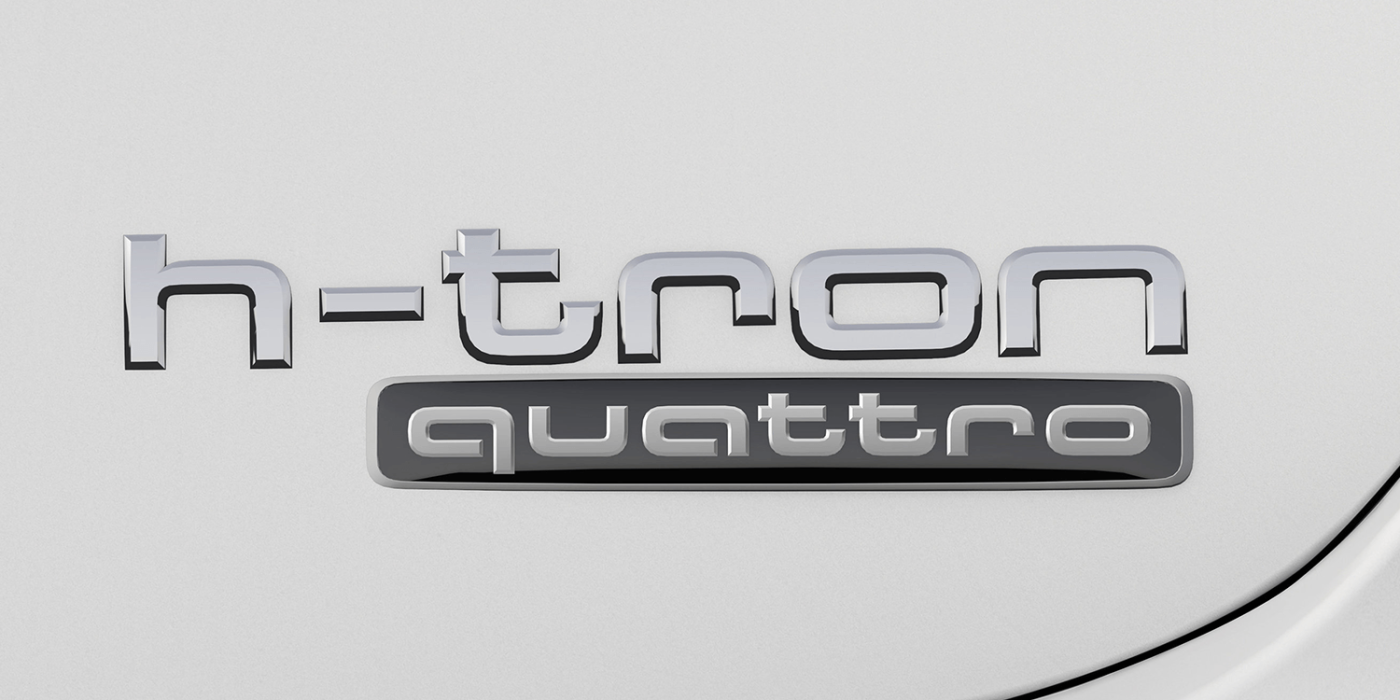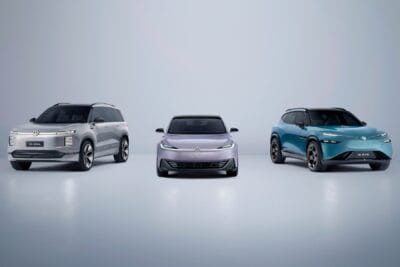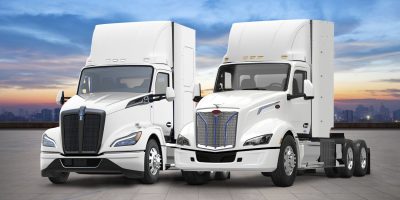Audi to accelerate fuel cell vehicle development
Audi wants to intensify the development of fuel cell cars, despite the mother group’s focus on battery electric mobility. Audi boss Bram Schot said: “We really want to accelerate it. We will give more priority to hydrogen fuel cells – more money, more capacity and more confidence.”
The news broke first in Autocar that quoted the executive saying the above. Reportedly, Audi is responsible for fuel cell development for the entire Volkswagen Group with the Fuel Cell Competence Center located at the Audi Neckarsulm site. Audi CEO Schot now detailed the task saying that Audi intends to present the prototype of the sixth fuel cell generation before the end of this year and could offer a small-series model manufactured at the site in Neckarsulm as part of a leasing programme from 2021.
Still, a more detailed schedule for the series production of FCEV models has not yet been set, but Schot is confident that this could happen in the second half of the next decade. This is a little sooner, yet still, in line with the Volkswagen Group’s latest estimates, that fuel cell technology will not be mass-market ready in the next ten years. During a call, executives of VW, BMW and Daimler had reportedly agreed on a common approach towards electric mobility following Volkswagen’s recent demand for technological clarity, that is a focus on battery-electric cars for the time being.
However, Audi has been suffering from a low supply in batteries. CEO Schot mentions the issue, saying “if this modality is here to stay, then you have to try to find the most effective and efficient way to drive electric. And then you come to hydrogen fuel cells.” So Audi turned to the Koreans from Hyundai-Kia to develop fuel cell technology ready for series FCEVs. The agreement concluded last year with Hyundai includes cross-license patents and specifically aims at a series-ready hydrogen technology that ultimately the entire VW Group will use. A small demonstration series is expected in 2020 (we reported).
Last June, Audi also extended their joint programme with Ballard and Hymotion until August 2022. Ballard is focusing on the development and production of fuel cell stacks for the Audi FCEV demonstration programme reportedly.
Audi introduced the h-tron range first in 2016 and has since been working on getting the hydrogen fuel cell technology closer to market readiness. Only the brand has never launched any of their concept vehicles – until soon it appears, with Schot having revived the h-tron programme officially now.





3 Comments